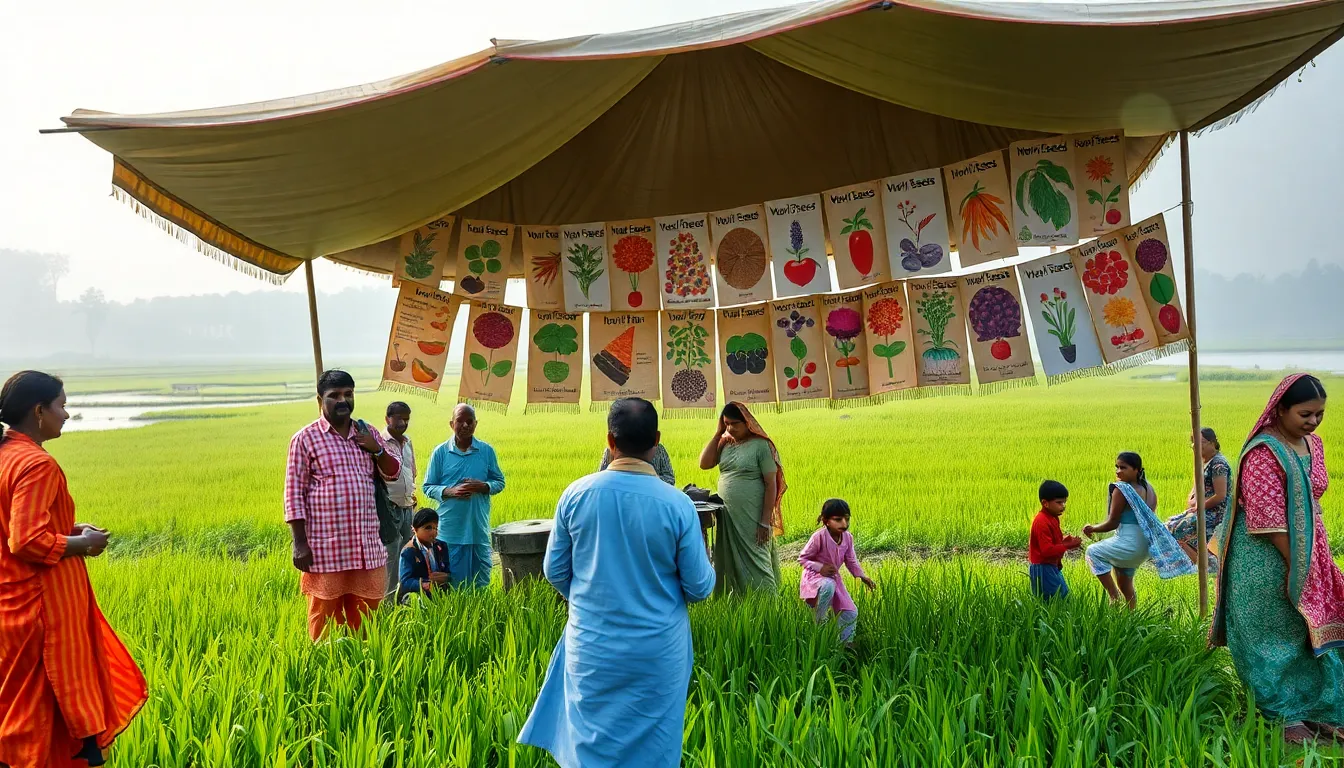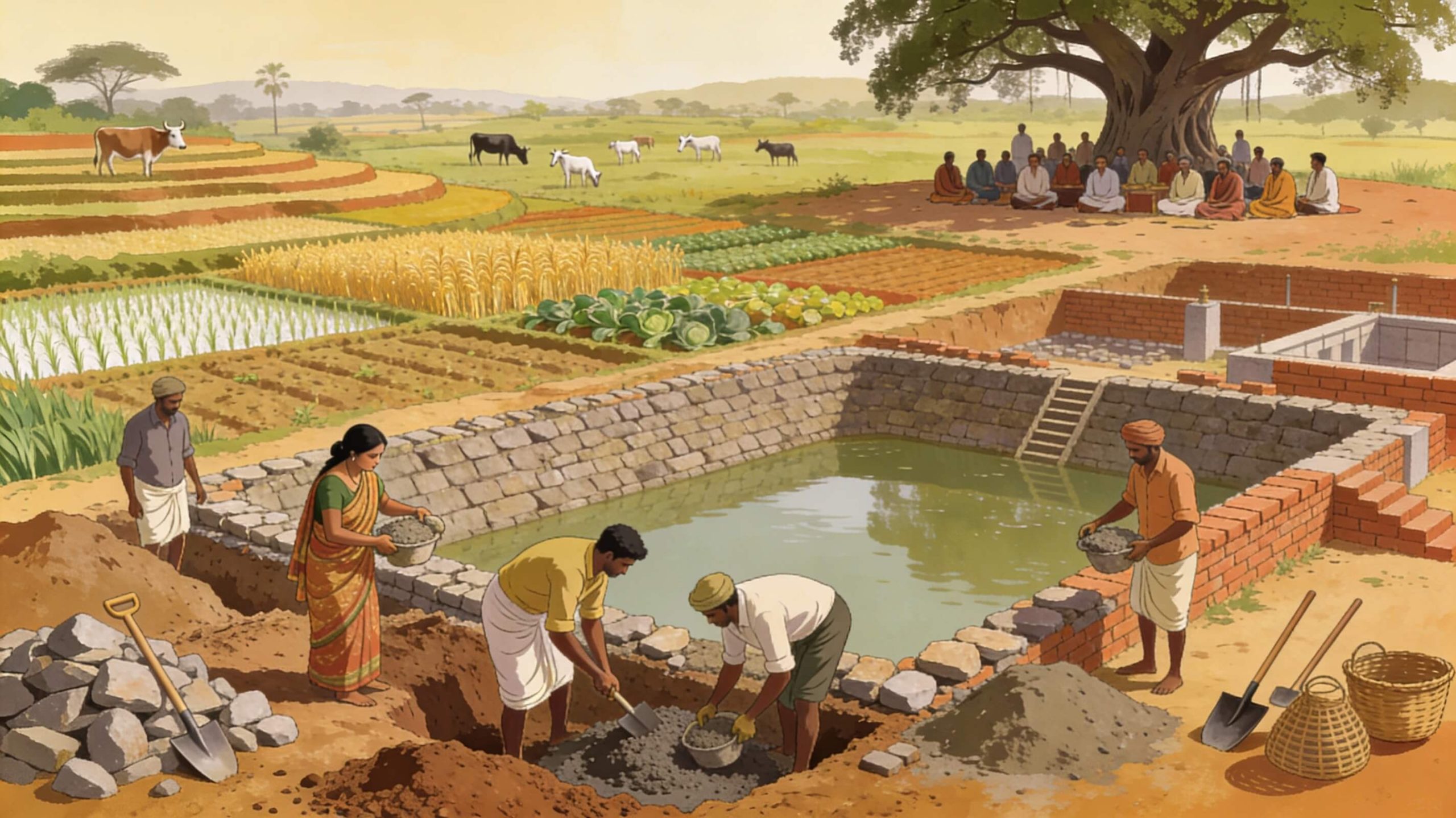In Karnataka, the Desi Beejotsava event has brought together farmers, activists, and supporters to celebrate the rights of farmers and promote the registration of native seed varieties. This event highlights the importance of indigenous seeds in maintaining biodiversity and supporting local agriculture.
Farmers play a crucial role in ensuring food security. However, their rights are often overlooked. The Desi Beejotsava aims to empower farmers by advocating for the recognition and protection of their native seeds. These seeds are essential for sustainable farming and contribute to the resilience of local ecosystems.
During the event, participants engaged in discussions about the benefits of using native seeds. Native seeds are adapted to local conditions, making them more resilient to pests and diseases. This is vital for farmers who face the challenges of climate change. By using native seeds, farmers can reduce their dependence on chemical fertilizers and pesticides.
The event featured various activities, including workshops, exhibitions, and talks by experts. Farmers shared their experiences and knowledge about traditional farming practices. They emphasized the need for younger generations to learn about these methods. Many farmers worry that modern farming techniques may lead to the loss of valuable traditional knowledge.
Activists at the event urged the government to take action. They called for policies that protect farmers’ rights to save, use, and exchange native seeds. This is important for preserving agricultural biodiversity. The participants believe that farmer-led initiatives can help sustain local agriculture and promote food sovereignty.
The Desi Beejotsava also highlighted the role of community support in promoting native seeds. Local communities can play a significant part in preserving these varieties. By working together, they can create seed banks and share knowledge about traditional farming methods. This collaboration can strengthen local economies and empower farmers.
Many believe that the government should support these initiatives. Investments in research and education about native seeds can help farmers adapt to changing conditions. Furthermore, policies that encourage the use of native seeds can lead to healthier ecosystems and improved food security.
The event served as a reminder of the importance of protecting farmers’ rights. It also emphasized the need for greater awareness about the benefits of native seeds. Farmers are the guardians of biodiversity, and their knowledge is invaluable. By supporting their rights, we can ensure a sustainable future for agriculture in India.
As the Desi Beejotsava concludes, the call for action continues. Participants left with a renewed sense of purpose and commitment to preserving native seeds. They believe that with collective effort, it is possible to create a better future for farmers and our environment.





